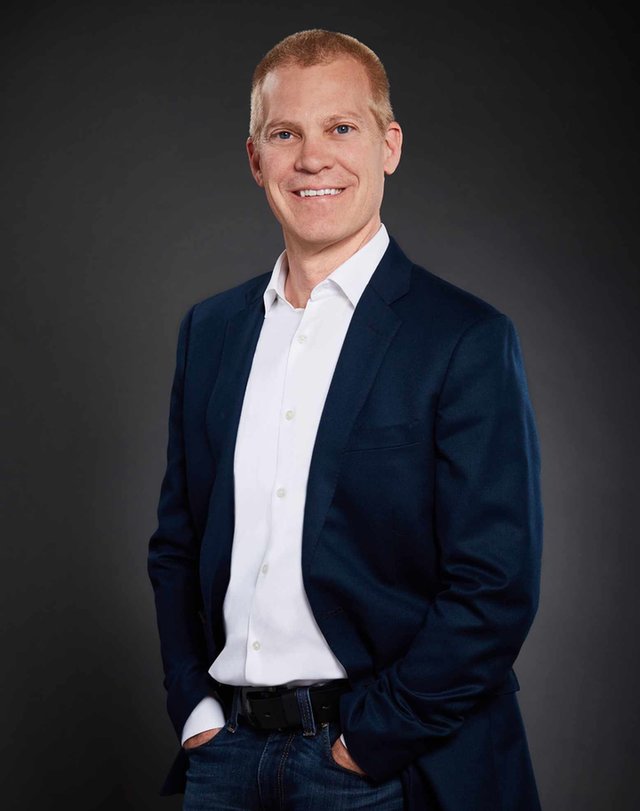
Calling Retailers to Re-Invent: The Future of Brick and Mortar is Here Now
2023 will be the year of the store. Despite continued growth in e-commerce, the store is more important than ever for driving sales, cementing shopper loyalty and powering omni-channel shopping behavior. With the surge in e-commerce use during the pandemic having receded, brick-and-mortar shopping accounts for over 90 percent of US grocery sales and the figure is likely even higher for convenience stores. But the store cannot stay the same. I see retailers investing in three critical areas of in-store innovation in 2023 and beyond:
2023 will be the year that checkout-free shopping technology goes mainstream as more and more retailers deploy the technology across chains and regions. The mature checkout-free systems use computer vision to automatically add items to a shopper’s bill. At checkout, all that's left is to pay and go, eliminating the greatest friction point in the shopping experience. Checkout-free provides a fundamentally better experience than self-checkout and scan-and-go, two technologies that have struggled to gain retailer and shopper adoption despite decades of trying. As consumers prioritize convenience, we will see checkout-free become a routine part of many shoppers' daily routines. Moreover, in addition to driving increased trips and revenue, checkout-free technology eliminates shrink and provides new insights that retailers can use to optimize store performance.
Checkout-Free Shopping
The need of the hour for retailers is to re-think the store experience and invest in store automation and checkout-free shopping.
E-Commerce & Store Automation
Enhanced In-Store Experiences
Grocery and c-store retailers are increasingly using the store as fulfillment hubs for e-commerce orders. Automation is critical to making online grocery profitable. For example, retailers are using robotic fulfillment centers, including smaller micro-fulfillment centers and larger customer fulfillment centers, to sharply increase pick volumes; they are also investing in artificial intelligence, augmented reality and other technologies to optimize in-store picking. In addition, the same cameras we use to power checkout-free shopping also track out-of-stock rates so that retailers can keep shelves full and reduce the high substitution rates that plague online grocery shopping. Computer vision also identifies opportunities to redesign in-store picking and store flow to increase retailer ROI while improving the pickup experience for shoppers.
As they automate the store, retailers have an opportunity to dramatically rethink the in-store experience. By automating checkout, retailers can free up space and labor to offer cooking classes, nutrition services, product demos, and other value-added services. Computer vision also provides deeper insights into how customers shop the store (which has been a black box until now). Retailers can use this data to improve assortment planning, in-store marketing and digital signage, and to optimize the overall shopping flow.
Retailers need to re-think the store experience as technologies such as checkout-free shopping go mainstream. Many retailers are on this path already, but those choosing to wait-and-see are effectively choosing to be left behind. The good news is by selecting the right partners and deploying the right technology, retailers can deliver both increased revenue and improved margins. The future is here now.




Will Glaser, Founder & CEO, Grabango
Will Glaser is the founder and CEO of Grabango, the leading provider of checkout-free technology for existing, large-scale store chains. A modern-day pioneer at creating impactful, user-centric solutions in data-intensive industries, Will has been recognized as a technology leader in Silicon Valley for the past two decades.
Prior to Grabango, Will co-founded Pandora Media and served as its CTO and COO during the first five years of the company's history. The technology Will built at Pandora became the first machine learning algorithm ever deployed on a large consumer scale. Additionally, Will co-founded Hydra Systems, where he served as its vice president of engineering. In addition, Will owned and operated a technology consulting business specializing in new product architectures and technology turnarounds, with clients ranging from pre-IPO start-ups to multinational corporations such as Hewlett Packard.
Will currently serves on the board of Blue Shield of California and Berkeley Earth. He was previously the board chair of The Boyer House Foundation. Will was named as one of the 100 most influential people in high technology for his work at Hydra Systems. He earned his Bachelor of Arts and Sciences from Cornell University with a triple major in Computer Science, Mathematics and Physics. He currently lives in Berkeley, CA, where Grabango is headquartered